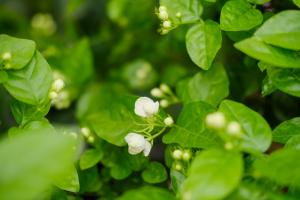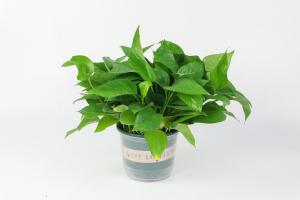Introduction
If you're considering planting fruit trees in Colorado, you may have heard about using bare root trees. While these trees offer some benefits, they may not be the best choice for every situation. In this article, we'll explore the pros and cons of planting bare root fruit trees in Colorado, so you can decide if they're right for you.
Pros of Bare Root Fruit Trees
Bare root fruit trees are trees that are sold without soil around their roots. Here are some of the benefits of planting bare root trees:
- Cost-effective: Bare root trees are typically less expensive than container-grown trees. This is because they're less bulky to ship and take up less space at the nursery.
- Ease of planting: Without soil around the roots, bare root trees are lighter and easier to handle. They also don't require a large planting hole, reducing the amount of digging required.
- Availability: Bare root trees are typically available in a wider variety of cultivars and species than container-grown trees. This is because nurseries can store more bare root trees in less space than container-grown trees.
Cons of Bare Root Fruit Trees
While bare root fruit trees offer some advantages, there are also some drawbacks to consider. These include:
- Limited planting season: Bare root trees must be planted in the dormant season, typically between late fall and early spring. This limits the time you have to plant them and may not be feasible if you live in an area with harsh winters.
- Root damage: Without soil protecting the roots, bare root trees are more susceptible to damage during shipping and handling. If the roots are damaged, the tree may struggle to establish and may not grow properly.
- Increased care: Bare root trees require more care during the planting process than container-grown trees. They need to be kept moist and planted as soon as possible after purchase, which can be challenging if you're not able to plant them right away.
Should You Plant Bare Root Fruit Trees in Colorado?
So, given the pros and cons, should you plant bare root fruit trees in Colorado? The answer depends on your specific situation. If you're looking for a cost-effective option and have the time and resources to plant and care for bare root trees, they may be a good choice. However, if you live in an area with harsh winters or want a tree that's already established, container-grown trees may be a better option.
When selecting a fruit tree, it's also important to consider the specific cultivar and its suitability for your climate and soil type. Consult with a local nursery or extension office to determine which trees are best suited to your area.
Conclusion
Planting bare root fruit trees in Colorado can be a cost-effective and convenient way to establish a fruit orchard. However, they do require more care and attention during the planting process and are more susceptible to root damage. Consider your specific situation and needs before deciding if bare root trees are right for you.

 how many times do yo...
how many times do yo... how many planted tre...
how many planted tre... how many pine trees ...
how many pine trees ... how many pecan trees...
how many pecan trees... how many plants comp...
how many plants comp... how many plants can ...
how many plants can ... how many plants and ...
how many plants and ... how many pepper plan...
how many pepper plan...
































